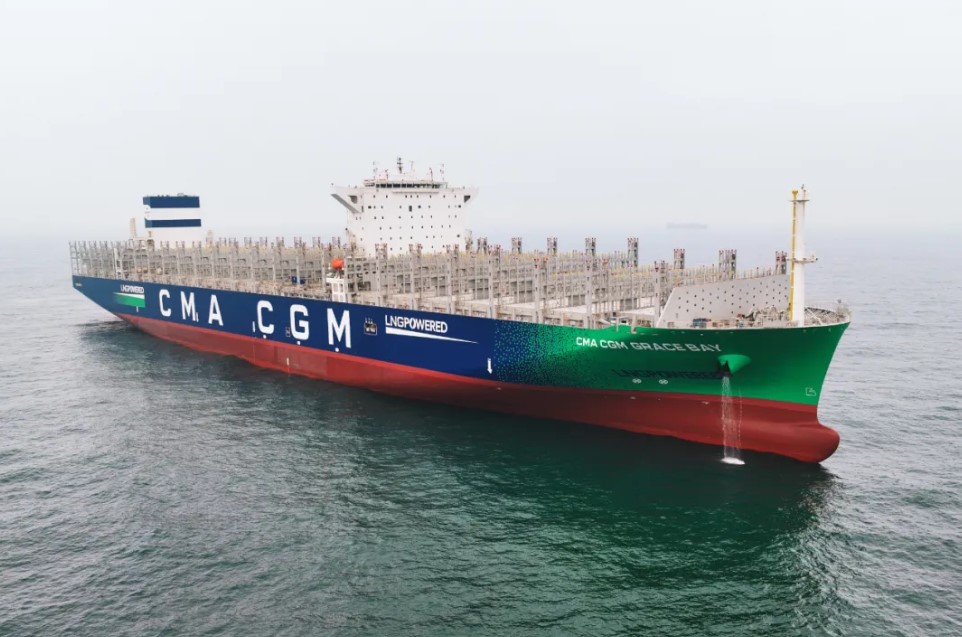Classification society DNV has added eight LNG-powered ships to its Alternative Fuels Insight platform in May. There were 23 orders for methanol-powered vessels and two for ammonia-fueled ships.
DNV previously reported orders for seven-LNG powered ships in April, one LNG-powered ship in March, 17 LNG-powered ships in February, 10 LNG-powered ships in January, and 130 LNG-powered vessels in 2023.
In January-May, DNV added 43 LNG-powered vessels to its platform.
These new figures further bolster the trend of steady growth in the ordering of alternative fueled vessels in 2024, DNV said.
So far this year, a total of 127 new orders for alternative fueled vessels have been placed, representing growth of 55 percent compared to the first five months of 2023.
“Methanol continues to be the headline story, with 70 new orders for methanol-fueled vessels now placed in 2024. This accounts for 55 percent of all new orders for alternative fueled vessels in 2024,” Jason Stefanatos, DNV Maritime’s global decarbonization director, said.
“While this is still far behind LNG in overall terms, these latest figures demonstrate a clearly increasing appetite from the market for methanol-fueled vessels,” he said.
547 LNG-powered ships in operation
There are now 547 LNG-powered ships in operation and 505 LNG-fueled vessels on order, DNV’s platform shows.
Moreover, there are 100 LNG-powered containerships and 78 LNG-powered crude oil tankers in operation, and these vessels are followed by 59 oil/chemical tankers, and 55 bulk carriers.
As per vessels on order, LNG-powered containerships account for a big part of the orders with 174 units. Shipping firms also ordered 152 car carriers, 53 oil and chemical tankers, 40 crude oil tankers, and 23 cruise ships.
These statistics do not include smaller inland vessels or dual-fuel LNG carriers.
56 LNG bunkering vessels and 234 LPG-powered ships
Besides LNG-powered vessels, there are 56 LNG bunkering vessels in operation and 14 on order, the platform shows.
In addition to 1052 confirmed LNG-powered ships, the fleet powered by alternative fuels also includes 304 methanol-fueled vessels, 234 LPG-powered ships, 35 hydrogen-fueled vessels, and 22 ammonia-fueled vessels, according to the platform.

